An audit by the Office of the Auditor General has revealed that billions of shillings meant for public services were diverted to private accounts.
According to Auditor General Nancy Gathungu, the money is collected through unauthorized channels and managed outside of government control via the eCitizen platform.
The Special Audit Report on Government Digital Payments Platform (eCitizen) has exposed irregularities in ownership, revenue collection, and oversight of the platform used by millions of Kenyans to access government services.
Further, the audit found that money collected through the eCitizen Paybill 222222 was, in some cases, diverted into an undisclosed private account named ‘pesaflow’, held at Equity Bank.
“Review of the 222222 Paybill Statement revealed that on 25 January 2024, there were four transactions made from the Paybill Account to private entities instead of the designated Settlement Account.
The four transactions amounted to Ksh127,850,950. Approval and documentation to support these transfers of money directly from the Paybill to the private entities were not provided for audit.”
The pay bill is an official channel for paying for services like passports, business registration, driver’s licenses, and police clearance, among other services.
Bank records showed the Pesaflow account received Ksh68,719,877, and USD 48,142,844 (Ksh6,210,426,876).
But the account was not among the officially approved collection accounts by the National Treasury.
“Approval and documentation to support these transfers of money directly from the Paybill to the private entities were not provided for audit.
“This is against Article 201 on principles of Public Finance that requires Public Funds to be used in a prudent and responsible way,” the report reads in part.
Also Read: Kenya Loses Ksh6 Billion in Fines- Auditor General
Auditor General Finds Ksh1.8 Billion in Irregular Convenience Fees
In addition to diverted funds, the audit also found that Ksh1.807 billion was collected from users as convenience fees, but the funds were retained by private service providers.
The report showed that the move was done without the necessary legal approvals.
Moreover, the report adds that the Treasury did not issue any formal instructions permitting the private retention of these fees and that such an arrangement undermines transparency and violates Article 206 of the Constitution, which requires all government revenue to be deposited into the Consolidated Fund.
“The Convenience Fee was charged at Ksh.50 or USD.1 per transaction contrary to the Gazette Notice. In this regard, Ksh1,807,946,257 and USD3,333,989 were irregularly collected from the public.
“Similarly, between 14 December 2023 and 30 June 2024, The National Treasury irregularly collected Convenience Fee of Ksh50 instead of prorating the Fee as stipulated in the Gazette Notice No. 17422 of 14 December 2023, resulting to an overcharge amounting to Ksh30,729,415 for collections made through the previous payment gateway and Ksh319,029,250 for collections made through the new gateway.”
Also Read: Audit Explains How Ksh44.8B was Misappropriated from Enforced eCitizen Platform
Who Owns eCitizen?
Although the government has maintained that it owns the eCitizen platform, the audit revealed a contradiction between legal ownership and actual control.
The platform was developed in partnership with the International Finance Corporation (IFC) of the World Bank, which funded its creation and contracted Webmasters Kenya Ltd as the system developer.
In 2017, the IFC handed over the eCitizen platform to the Government of Kenya, transferring all contracts, source codes, and documentation to the National Treasury.
However, the OAG discovered that on January 13, 2023, the Ministry of Information, Communications and the Digital Economy signed another handover agreement with Webmasters Kenya Ltd, in which the private vendor unconditionally transferred the platform back to the government.
“It was not explained how the ownership and control of the eCitizen Platform ended up in the hands of the vendor after having been handed over to The National Treasury by IFC in 2017,” the report states.
The audit also found that the government still did not have full control of the platform.
Follow our WhatsApp Channel and X Account for real-time news updates.
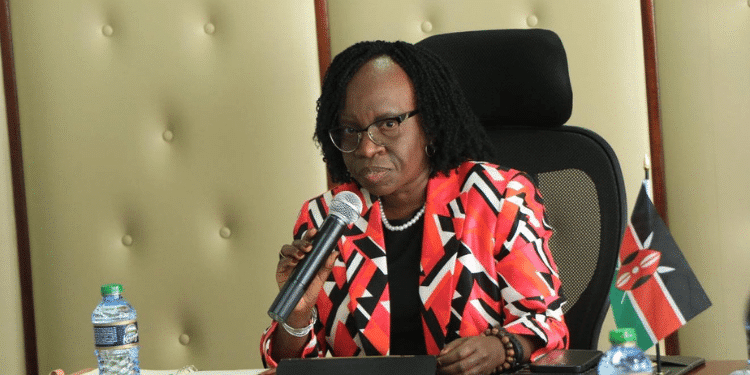



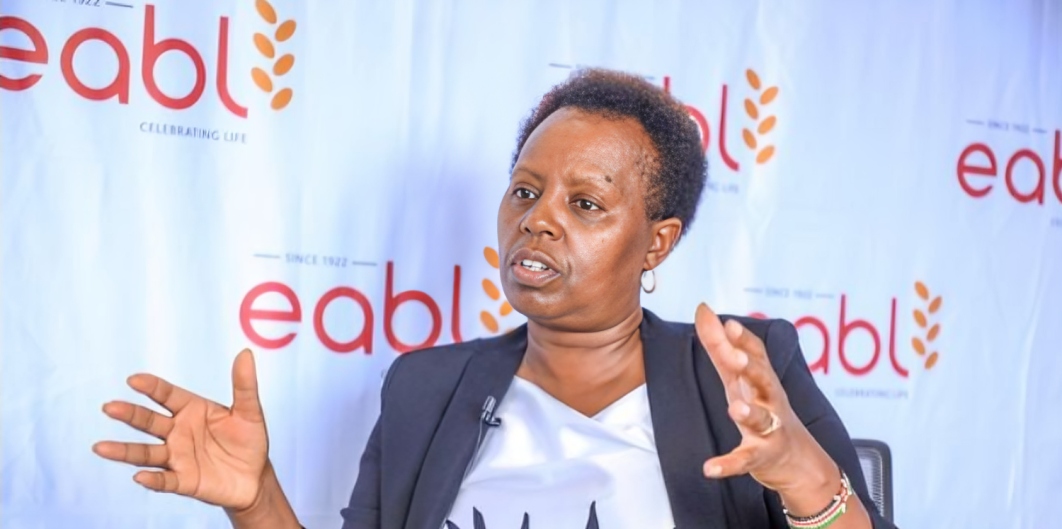

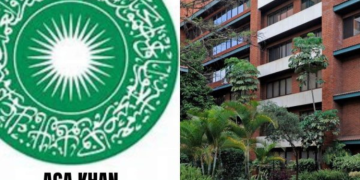



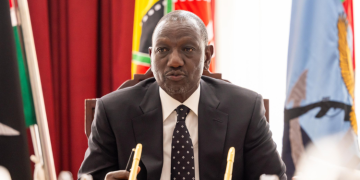






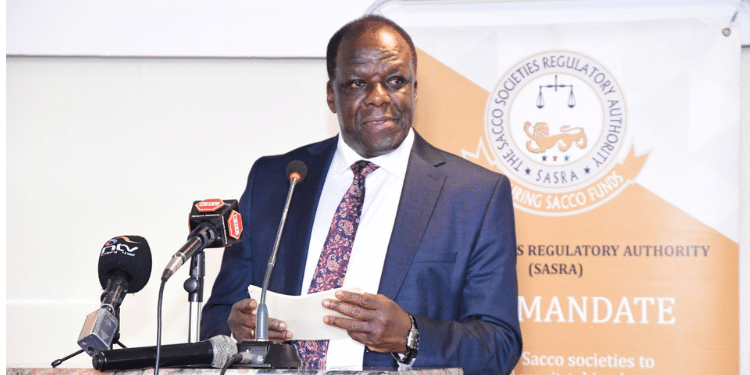
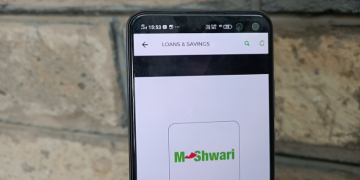



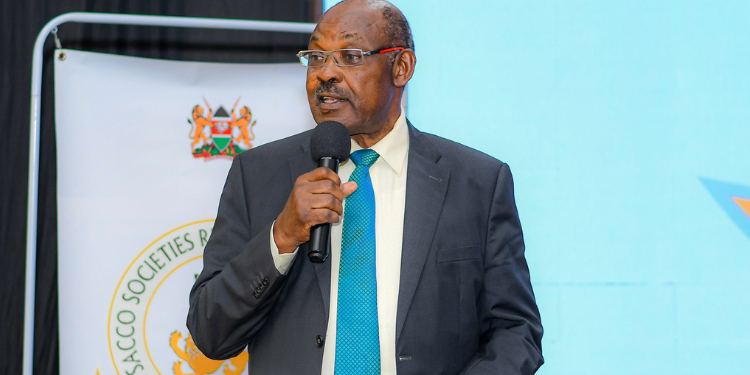































![Senator Allan Chesang And Chanelle Kittony Wed In A Colourful Ceremony [Photos] Trans Nzoia Senator Allan Chesang With Channelle Kittony/Oscar Sudi]( https://thekenyatimescdn-ese7d3e7ghdnbfa9.z01.azurefd.net/prodimages/uploads/2025/11/Trans-Nzoia-Senator-Allan-Chesang-with-Channelle-KittonyOscar-Sudi-360x180.png)

















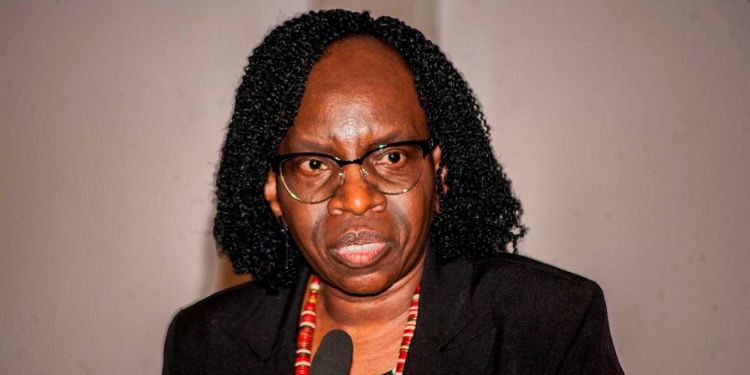


We need to come to terms with the word “developer” first then how many services were onboarded to the system and how to me somebody failed to realize the “ecitizen” is an intellectual property of webmaster and they are the only once who can update the system